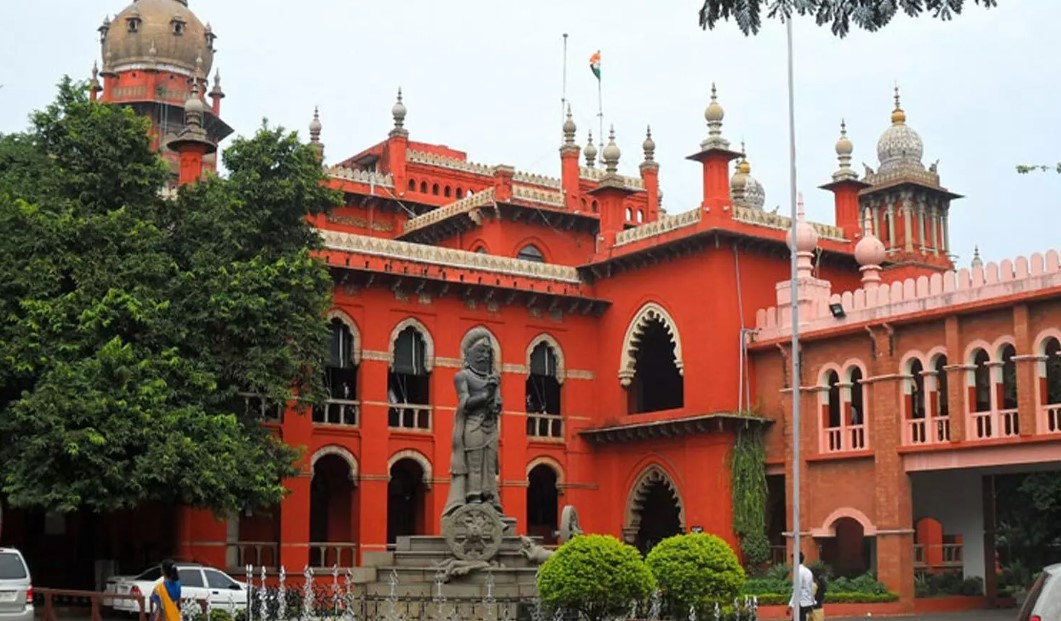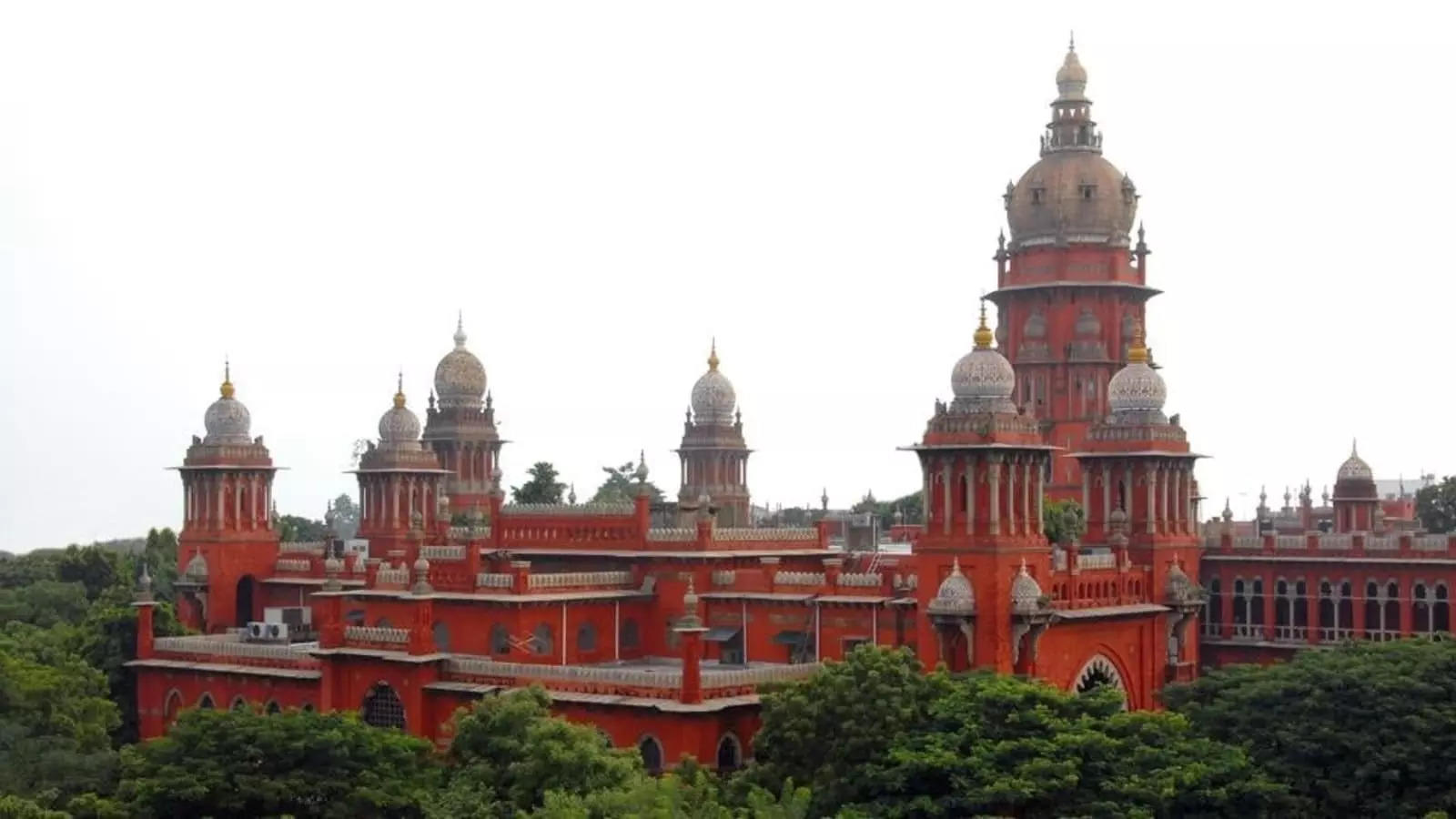Madras HC rules that only registered medical practitioners can run clinics in Tamil Nadu
In a recent decision, the Madras High Court bench ruled that diploma holders are not permitted to operate a clinic anywhere in the state without a recommendation from the National Medical Commission (NMC), formerly the Medical Council of India (MCI), or the AYUSH Department. The HC bench of Justice M Dhandapani further defined “Registered Medical Practitioner” as “a person who possesses any of the Government recognised medical qualifications and who has been enrolled in the register of the respective Council viz., Medical, Dental, Siddha, Ayurveda, Unani or Homeopathic Councils or the Board of Indian Medicine” or “Doctor” as “means and includes a Residency”
The court made this statement as it was deliberating a petition by diploma holders asking it to step in and prevent the health department from interfering with their ability to establish primary healthcare clinics. The petitioners contended that they were qualified to manage primary health care clinics in rural areas after successfully completing the two-year Diploma in Community Medical Service and Essential Medicines Course. They further asserted that they never identified themselves as doctors and that there was no legal restriction on their ability to practice community medical services and essential drugs.
On the other hand, the government’s attorney argued that if the petitioners were qualified to operate a clinic, they would need to submit an application under the Tamil Nadu Clinical Establishments (Regulation) Act, 1997, and secure approval before opening one. The government’s representative contended that the petitioners were not permitted to operate a clinic anywhere in Tamil Nadu or in rural areas since they lacked the necessary authorization.
The attorney further emphasized that, pursuant to Rule 2(i) of the Tamil Nadu Clinical Establishments (Regulations) Rules, “doctor” in 2018 refers to and includes a Registered Medical Practitioner who provides consultations or treatment under AYUSH or Allopathy. Regarding this, the government’s attorney said that the petitioners are not permitted to operate a clinic or practice medicine until their qualifications have been approved by the Medical Council of India or the AYUSH Department.
The Tamil Nadu Clinical Establishments (Regulations) Rules, 2018’s pertinent clauses were also skimmed by the Madras High Court’s panel in order to review the definitions of physicians and licensed medical practitioners.
The Madras High Court bench’s earlier decision was also cited by the bench, according to the ruling. The HC bench noted, referring to the rules, that “the above said provisions makes it clear that Registered Medical Practitioner means a person who possesses any of the Government recognised medical qualifications and who has been enrolled in the register of the respective Council, viz., Medical, Dental, Siddha, Ayurveda, Unani or Homeopathic Councils or the Board of Indian Medicine or any such Council, Board or any other statutory body recognised by the Government of Tamil Nadu
In the decision, the bench remarked, “The petitioners are not permitted to operate a clinic anywhere in Tamil Nadu without approval from the Medical Council of India or the AYUSH Department.” As a result, neither the relief requested in these petitions nor the claim raised in the writ petitions may be considered.
The Madras High Court panel had emphasized last month that unqualified persons cannot claim any right to practice alternative medicine as the outcome can be devastating, refusing any relief to a total of 61 practitioners. By this, the court had mandated that the state take action against institutions and practitioners of medicine that were not recognized.
In the absence of any genuine medical certificates and without their names being registered with the Tamil Nadu Medical Council, the court had instructed the authorities not to permit the petitioners to continue their medical practice in alternative medicine or in any other type of medicine.























